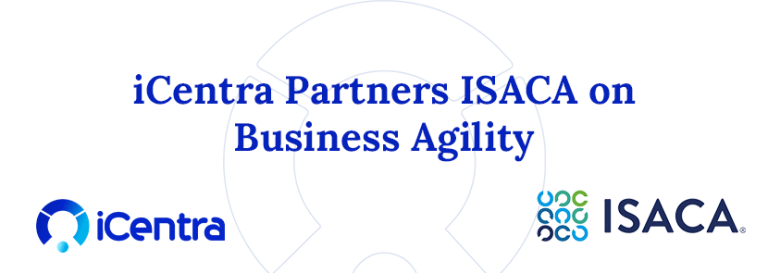More than ever, uncertainty is part of doing business. Risk is no longer confined to regulatory obligations. Organizations that treat risk management purely as a box ticking compliance exercise are missing the broader strategic opportunity it offers. Risk management is not a bureaucratic exercise or a way to please auditors; it is focused on building a strong foundation for the future.
Today, effective risk management empowers organizations to stay resilient in the face of challenges, adapt swiftly to changes, and create lasting value for the long haul.
Compliance is the Baseline, Not the Goal
Regulatory compliance will always be a non-negotiable component of corporate governance. Organizations must comply with various regulations, including data protection laws like GDPR and financial regulations such as SOX and Basel III. They are required to meet a broad range of regional and international standards. However, these frameworks represent only the baseline expectations. They are designed to prevent failures, not necessarily to enhance performance or support innovation.
The strength of risk management lies in its ability to guide decision making, protect reputation, foster stakeholder trust, and uncover competitive advantages. Organizations that approach risk proactively rather than reactively are better positioned to handle uncertainty,
Risk is inherently tied to opportunity. Every investment, market expansion, product launch, or technology adoption carries a degree of uncertainty. Risk management, when integrated into the core of strategic planning, helps business leaders assess not only the downside of decisions but also the upside potential.
Modern risk management enables:
- Informed decision-making: Executives can make better strategic choices when they understand the potential risks and trade-offs.
- Resource optimization: Capital and operational resources can be directed to areas of highest impact and lowest exposure.
- Early warning systems: Proactive risk identification allows organizations to act before small issues become major disruptions.
Forward-thinking organizations embed risk frameworks at every level from the boardroom to project teams, ensuring that risk consideration becomes part of the organizational culture.
Operational Resilience in a Volatile World
We live in an era marked by economic volatility, shocks, geopolitical tensions, cybersecurity threats, pandemics, and climate-related disruptions are now regular considerations for business continuity. Operational resilience has become a strategic imperative.
Organizations that integrate risk management into their operations are better equipped to anticipate disruptions, absorb shocks, and recover quickly. For global businesses, managing cross-border and cross-sector risks such as supply chain vulnerability or compliance across jurisdictions equires a unified risk approach that is flexible, technology-enabled, and responsive.
Cultivating a Risk-Aware Culture
Beyond frameworks and systems, one of the most overlooked components of risk management is culture. A risk-aware culture empowers employees at all levels to recognize and respond to risk. It encourages open communication, accountability, and a shared commitment to protecting the organization’s integrity and sustainability.
Organizations that invest in leadership training, clear reporting channels, and real-time risk intelligence tools are better able to drive this culture from the inside out.
Digital transformation has changed the nature of risk, introducing new cyber, data, and operational risks. However, technology also offers tools that enhance risk oversight and efficiency. From AI-driven risk analytics to automated compliance dashboards, the right tools can transform risk management from a manual function to a strategic asset.
To learn more about how iCentra supports organizations in building robust, future-ready risk management systems, visit www.icentra.com.






